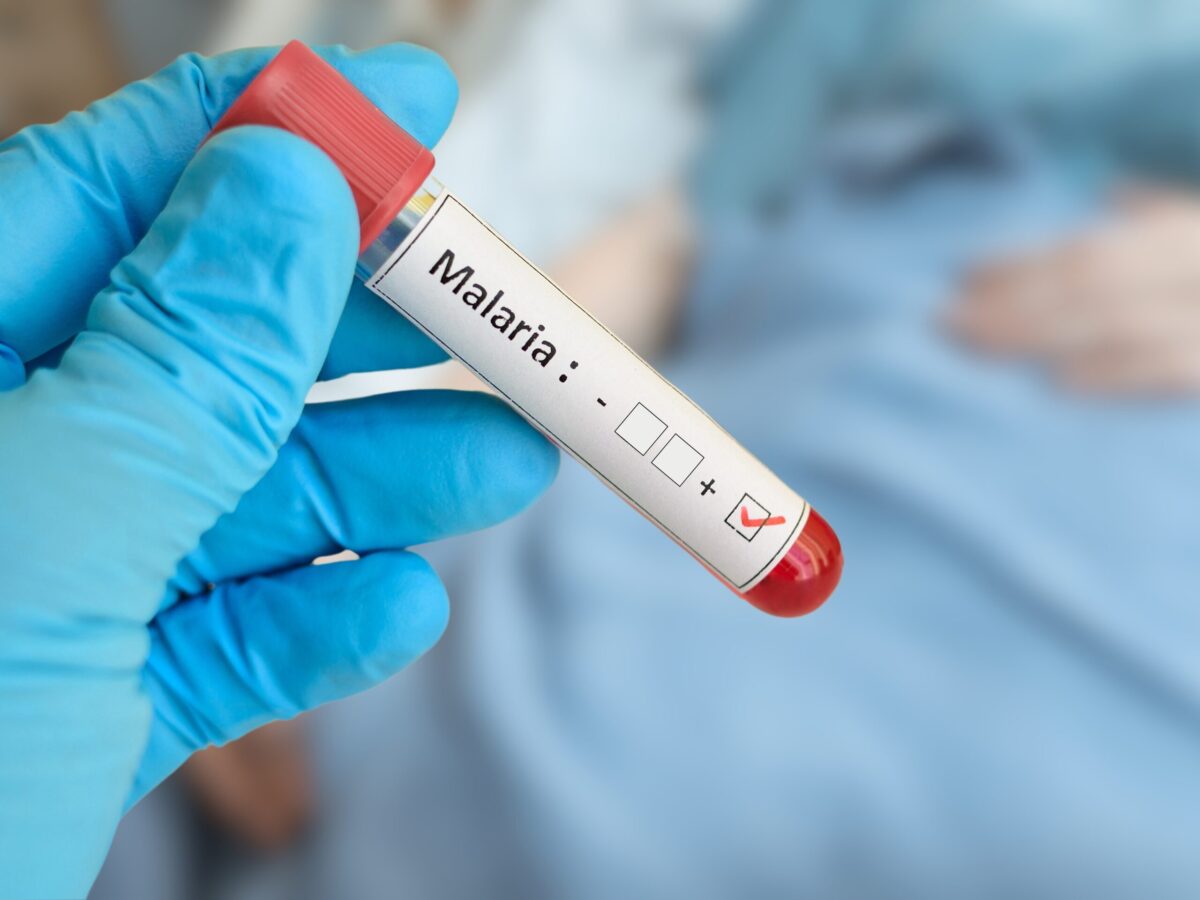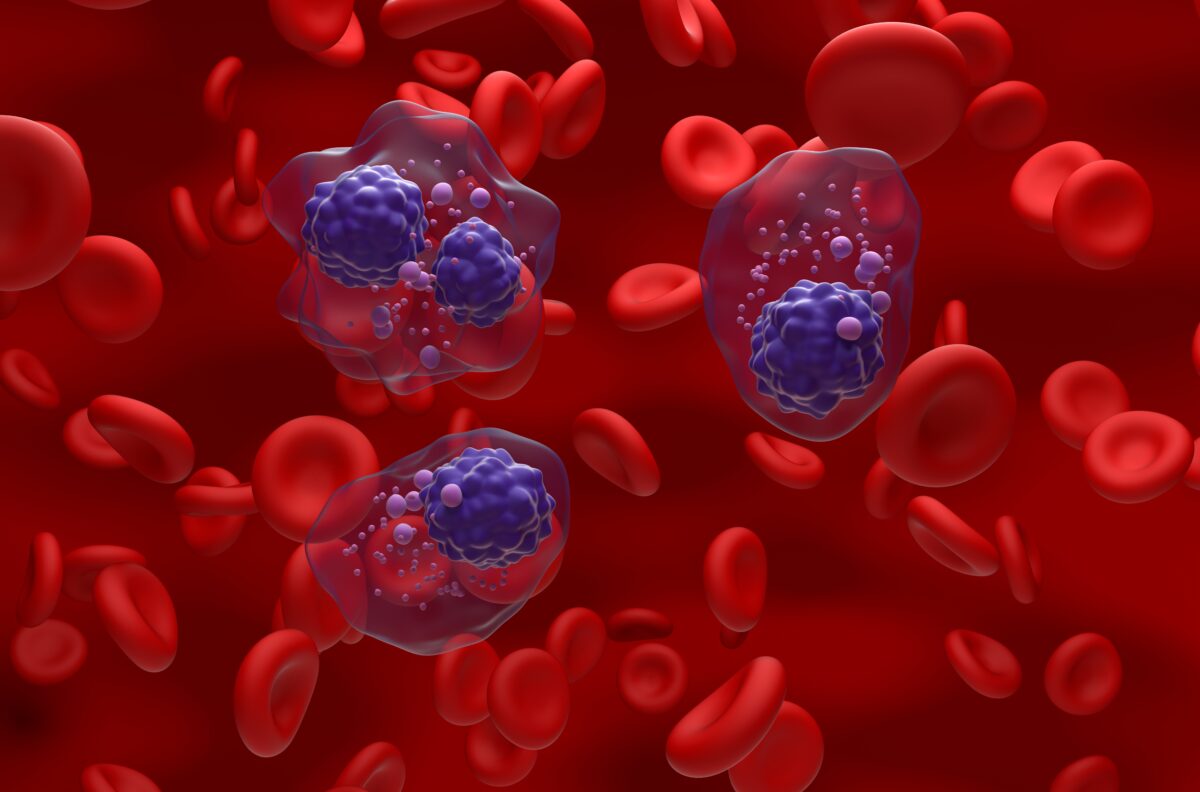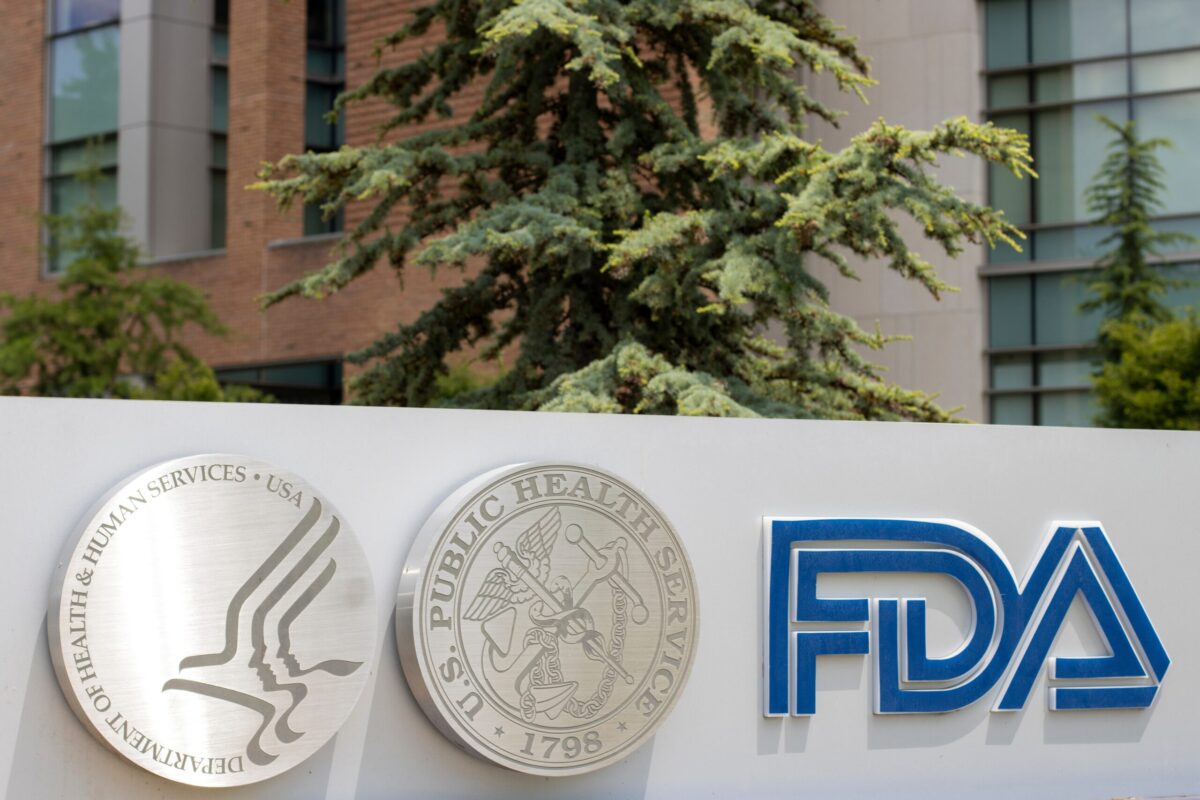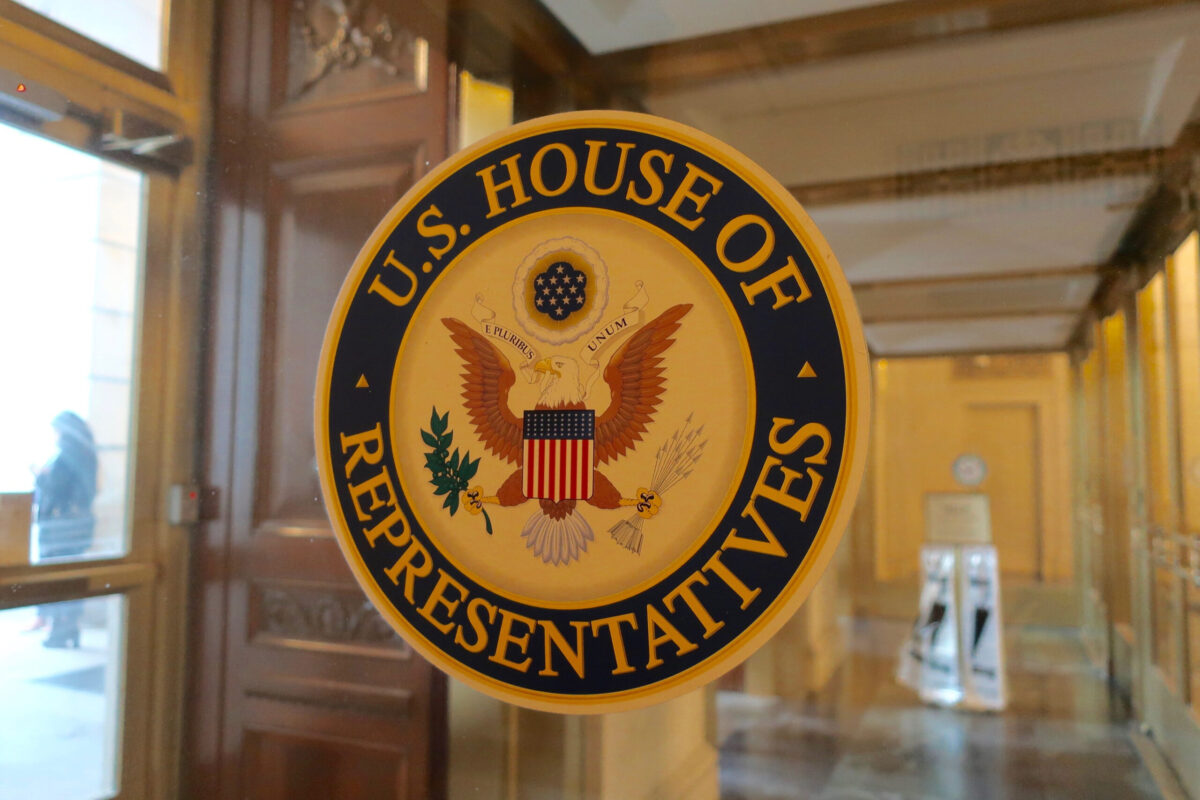Merck recently announced encouraging topline results from its Phase IIb/III trial (MALRI) of clesrovimab (MK-1654), an investigational monoclonal antibody aimed at preventing respiratory syncytial virus (RSV) in infants.
RSV poses a significant health burden, especially for young children, leading to severe respiratory infections. According to the US Centers for Disease Control and Prevention (CDC), RSV is the leading cause of hospitalization in infants under one year of age in the US.
The Phase IIb/III trial involved infants born preterm or at term, with a focus on those at high risk for severe RSV disease. The trial demonstrated that clesrovimab significantly reduced medically attended RSV lower respiratory tract infections compared to a placebo, highlighting its potential as a preventative measure against RSV in vulnerable populations.
XTALKS WEBINAR: Bioprocessing Economics: High Titre for Show, Net Titre for Profitable Growth
Live and On-Demand: Wednesday, August 28, 2024, at 10am EDT (4pm CEST/EU-Central)
Register for this free webinar to understand how to maximize net titres in bioprocessing through an integrated approach that combines high titre production with efficient downstream processing.
Current treatments for RSV primarily focus on supportive care, including oxygen therapy, hydration and mechanical ventilation in severe cases. New immunizations are now available, such as AstraZeneca and Sanofi’s RSV antibody Beyfortus (nirsevimab) for infants and Pfizer’s RSV maternal vaccine, Abrysvo, for pregnant mothers. These vaccines aim to protect infants from severe RSV by providing them with antibodies either directly through vaccination or via maternal transfer. Beyfortus is currently undergoing an observational study to estimate its effectiveness against PCR-confirmed RSV lower respiratory tract disease and related medical encounters.
Developing effective RSV interventions has been challenging due to the virus’s ability to evade the immune system and its high mutation rate. However, advancements in monoclonal antibody technology have opened new avenues for RSV prevention and treatment. Monoclonal antibodies like clesrovimab are engineered to provide passive immunity, offering immediate protection against the virus.
The positive results from the clesrovimab trial are a significant step forward in the fight against RSV. As Merck continues to advance its clinical program, the potential for a new, effective RSV preventative measure for infants and potentially other high-risk groups brings hope for reducing the impact of this virus.
Sanofi is also recruiting for two new clinical studies. The Phase III CORAL study will examine a live-attenuated RSV vaccine (RSVt) focusing on the non-interference of routine pediatric vaccines on the antibody response of the RSV vaccine in healthy infants and toddlers. Their second Phase III study, PEARL, will evaluate the efficacy, immunogenicity and safety of the RSV vaccine in children aged six months to under 22 months, administered intranasally.












Join or login to leave a comment
JOIN LOGIN